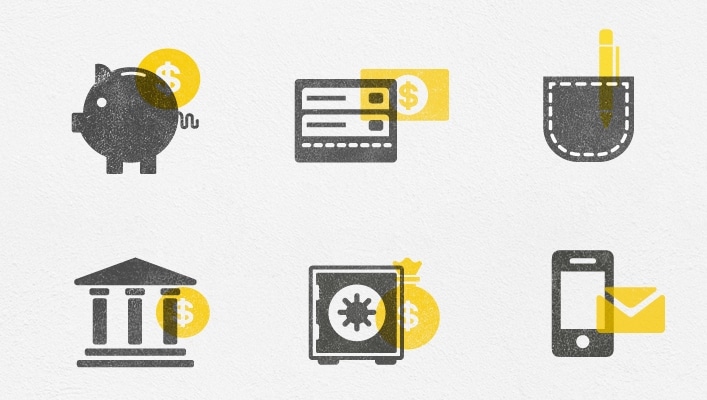Only a year and a half ago my partner John and I started a small business together. Of course, we want to share the finances, which required us to open a small business banking account. It involved a bit more than we anticipated. Merely visiting your current bank’s local branch or website may or may not produce the fruit you’re looking for.
What you need to understand before shopping for a small business bank
First think about what services you require. Without this information, you’ll not be able to ask the bank how much they cost. Do you require payroll? Do you need a revolving line of credit? Or just a simple checking account?
Second, does the local branch have personnel willing to help walk you all the way through a problem? What if you call their 800 number? Is their staff going to help you resolve a problem so you can go back to running your business?
Find out how available these people are. I can email and call the small business banking manager at my branch. And the branch is only two miles from me. It’s a piece of cake to drive over there and resolve something in person. She’s great at letting me know her schedule, and providing me access to her two assistant managers.
Third, does your banker have lending authority? If so, how much can they loan without checking with higher ups? At what point are they going to need to do a credit check to get you the finances you need?
We chose Wells Fargo over Bank of America or locally based banks because they had free business checking. But this third point is one I did not consider. It’s possible that local bank’s relationship managers can have more discretion than those at a large institution. Small businesses are often the bread and butter of a local bank.
Fourth, are you willing to pay a little more in fees for better service?
If you desire a locally based community bank, you probably do so because you want better face to face service. Be aware that according to a study co-written by The National Federation of Independent Business that rates charged by community financial institutions are likely to be higher than those charged by larger institutions.
Larger banks are also more likely to offer credit cards—usually at a 0% introductory rate—to small businesses. A credit card with a great rate can be a solid option for a loan.
Basic Tips for Small Business Banking
- Choose a bank that’s easy to visit
- Write down your needs, and what you’re willing to pay for
- Find out whether the relationship managers can get prompt decisions, or if they have to wade through several layers of hierarchy.
- Learn whether the bank is comfortable making loans to a business without much banking or credit history
- Look into special services, such as payrolling, but be aware of added fees
[Featured image by Lumen Bigott]










